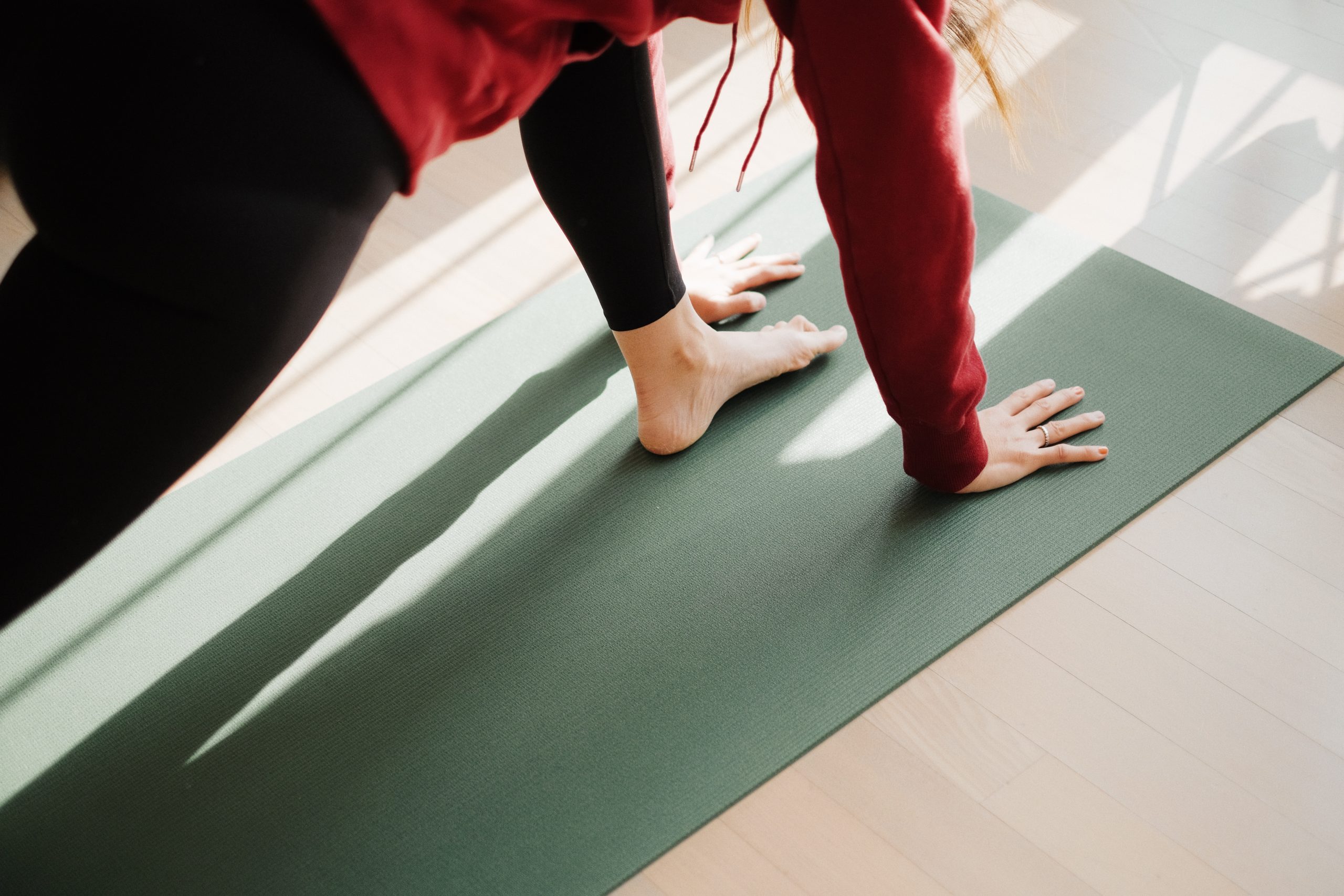Pilates is a popular way for many to stay fit and keep active. Invented almost 100 years ago, by Joseph Pilates for soldiers interned in WWI camps, today it’s famous for its effectiveness at achieving toned muscles and a strong core. But did you know it’s also a great way to speed sports injury rehab?
In fact, elite athletes such as Cristiano Ronaldo and Serena Williams have turned to Pilates to keep them injury-free and at the top of their game. Recent research is showing that it’s a great way to support recovery from sports injuries. In our Sidmouth clinic, osteopath Alice Foster offers Pilates for sports injury rehab.
Here are 5 ways Pilates helps sports injury rehab:
Pilates can be adapted to your fitness level
As a Pilates instructor and sports therapist, Alice is trained to assess and adapt a Pilates routine to your fitness level, including working with sports injuries so that you can maintain your overall fitness while taking care of your rehab.
If you’ve had a recent injury, Alice will design a routine that gently works the muscles around the injury to strengthen the whole area or focus on another area that’s connected to the injury. Often, strengthening other areas will take the strain off the injured or weak area, especially if there are major imbalances in your muscle groups.
Your Pilates routine can also be used before other forms of exercise, to help warm up the muscles and prevent further injury.
Focus on form
In any sport, form is key. Yet this is an element that’s often underplayed, leading to increased risk of injury as key muscle groups are under strain and out of balance. In addition, poor form affects the benefit of any exercise you do, and your sports performance.
During Pilates, good form is the focus. Precision is key for certain moves, to achieve balance and the right posture, and Alice will assess any incorrect patterns of movement and tailor a programme to realign those patterns. There is an optimal relationship between stability and mobility that a tailored Pilates programme aims to strike. This is done without the need for weights, which often emphasises stability over mobility. Meanwhile, certain types of yoga can emphasise mobility and stretching so much that practitioners end up with a weak core and hyper flexibility. Pilates gently strengthens your form and posture without straining muscles.
For example, a tennis player needs strength and stability in her shoulder, balances with high mobility in her arm in order to efficiently strike the ball. Without sufficient strength in the shoulder, over time the risk of injury will increase. For example, tennis elbow is usually triggered by stress on the elbow and wrist joints due to a weak shoulder girdle. A pilates programme will focus on strengthening the arm, shoulder and upper back muscles while mobilising the shoulder girdle.
Pilates strengthens the whole body
No single muscle works in isolation, instead muscle groups work in coordination. Pilates exercises simulate everyday activities such as lifting heavy bags or twisting to reach something overhead, where muscles work together and any imbalance stresses single areas.
Pilates fits into your day
All you need is a mat and a short 20-minute slot in your day to follow your Pilates routine for injury rehab. Whether you are at home, or away on holiday, even at work, you can do a few Pilates stretches to keep your muscles warm and limber. You will feel great afterwards and will pay more attention to your posture. This in turn will help you recover from injury more quickly.
Pilates supports your mental health
If you play sports regularly, chances are it’s something that’s important to your mental and emotional health. That’s something to bear in mind when considering recovery from a sports injury.
Studies have shown that psychological factors play an important role in injury recovery.
Pilates can support this aspect of your rehabilitation by reducing your stress levels, as it is a mindful form of movement that brings in synchronisation with breath. This calms both body and mind and brings heightened awareness of your body., which helps to reinforce the benefits of your injury rehab.
Book in for support with sports injury rehab
Alice Foster, working from our Sidmouth clinic, has been a qualified Pilates instructor and Level 3 Sports and Remedial massage therapist since 2008. She has also trained in Hot Stone massage, which she finds can be an extremely useful addition to deep tissue work.
Make an appointment with Alice in our Sidmouth clinic today, if you would like support in recovering from a sports injury and preventing further injury.

